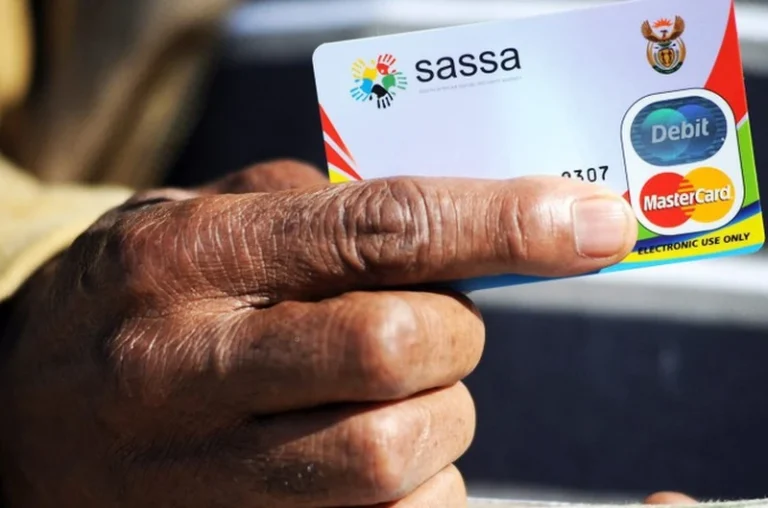Why You Should Always Request Debt Validation
In the labyrinth of personal finance, navigating through the maze of debt can often feel like stumbling in the dark. Whether you find yourself faced with relentless calls from debt collectors or receiving ominous summons for credit card debt, it’s crucial to arm yourself with the knowledge and tools necessary to protect your financial well-being. One such tool that often flies under the radar is the act of requesting debt validation. While it may seem like a minor procedural step, the implications of validating your debts are far-reaching and can serve as a powerful shield against predatory practices and unwarranted financial burdens. Here’s why you should always request debt validation and how to do it effectively.
Safeguarding Your Financial Future: Understanding the Importance of Debt Validation
Imagine receiving a summons for credit card debt out of the blue, demanding payment for an amount you’re not even sure you owe. Panic sets in as you frantically scour through old statements and records, trying to piece together the puzzle of your financial history. In moments like these, requesting debt validation can be your saving grace. By requiring creditors to provide documentation verifying the legitimacy and accuracy of the debt, you safeguard yourself from falling victim to scammers and unscrupulous debt collectors.
Sample Answer to Summons for Credit Card Debt: A Proactive Approach
Searching for a sample answer to a summons for credit card debt can help you take a proactive approach that can make all the difference. Craft an answer that asserts your rights and demands debt validation. State your case clearly and succinctly, emphasizing your willingness to cooperate while also insisting on the necessity of validating the debt. By asserting yourself from the outset, you set the tone for the proceedings and assert your rights as a consumer.
Navigating the Process: How to Request Debt Validation
Requesting debt validation is a relatively straightforward process, but it’s essential to approach it with diligence and attention to detail. Begin by requesting a debt validation from the creditor or debt collector. Clearly state your request for validation of the debt and provide a deadline for their response. Be sure to send the letter via certified mail with return receipt requested to ensure proof of delivery. Once you’ve submitted the letter, keep meticulous records of all correspondence and follow up as necessary to ensure compliance.
The Power of Documentation: Protecting Yourself Every Step of the Way
Throughout the process, documentation is your most potent weapon. Keep copies of all correspondence, including your debt validation letter, certified mail receipts, and any responses received from creditors or debt collectors. This paper trail serves as irrefutable evidence of your efforts to validate the debt and protects you from harassment or legal action should the need arise. By maintaining meticulous records, you empower yourself to navigate the complexities of debt collection with confidence and clarity.
Conclusion: Empowering Yourself Through Financial Vigilance
In conclusion, requesting debt validation is not just a procedural formality – it’s a powerful tool for safeguarding your financial future. By asserting your rights and demanding documentation to verify the legitimacy of debts, you protect yourself from falling prey to scammers and unscrupulous debt collectors. Remember, knowledge is your greatest ally in the world of personal finance, and by arming yourself with the tools and information necessary to navigate the maze of debt, you empower yourself to take control of your financial destiny. So, the next time you find yourself faced with a summons for credit card debt or persistent calls from debt collectors, don’t hesitate to request debt validation – your financial well-being may depend on it.
Stay in touch to get more updates & news on Discover Tribune!






